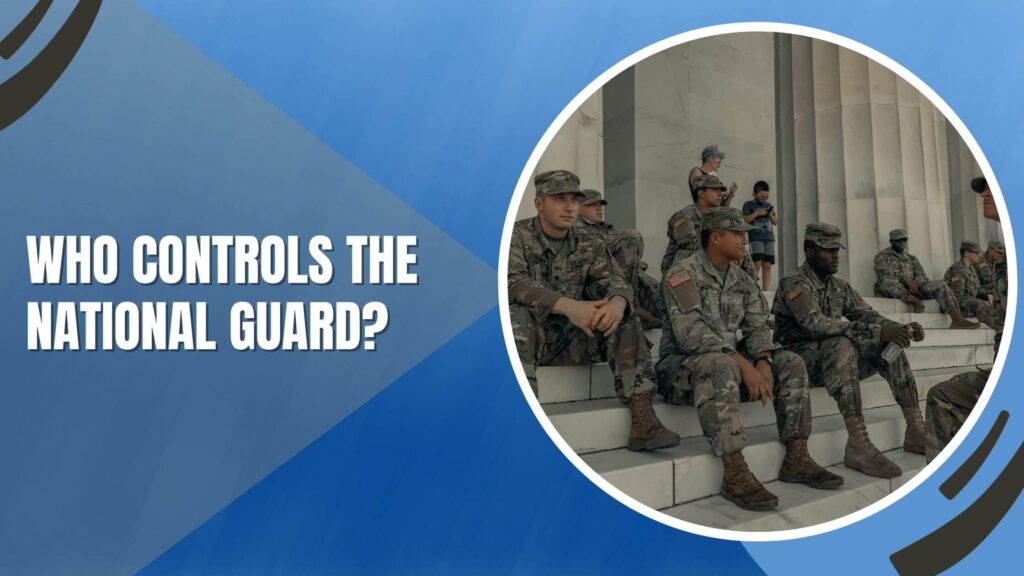In a push to preserve the balance of power between state and federal authorities, lawmakers are urging the Armed Services Committees to uphold governors’ authority over the National Guard. This contentious issue has sparked debate in Washington, with some advocating for greater federal control while others argue for maintaining the long-standing tradition of state oversight. As tensions rise, it remains to be seen how this crucial decision will impact the future of the National Guard and its role in domestic and international affairs.
– Protecting Governors Oversight of National Guard Operations
A group of lawmakers are urging the Armed Services Committees to ensure that governors maintain their authority over National Guard operations. This push comes as there are concerns that state leaders could lose control over their own Guard units in certain situations.
The lawmakers emphasized:
- The importance of governors being able to effectively respond to emergencies within their states.
- The need to protect the balance of power between the federal government and the states.
- The historical significance of governors’ oversight of National Guard units.
– Preserving States Autonomy in National Guard Deployment
Lawmakers are urging the Armed Services Committees to prioritize maintaining governors’ authority over the deployment of National Guard troops in their respective states. This push comes as Congress considers changes to current laws that could potentially undermine states’ autonomy in utilizing their National Guard units.
Preserving states’ control over National Guard deployment is essential to ensure that governors can effectively respond to emergencies and protect their citizens. By upholding this authority, states can swiftly mobilize their National Guard forces without unnecessary hurdles or delays, allowing for a more efficient and coordinated response during times of crisis.
– Strengthening the Relationship Between State and Federal Authorities
Lawmakers are urging the Armed Services Committees to uphold the authority of governors over their state National Guard units. This comes as a response to recent discussions about potentially shifting more control to the federal government, which could undermine the longstanding relationship between state and federal authorities.
This proposal is supported by a bipartisan group of legislators who believe that maintaining governors’ authority over the National Guard is essential for efficient emergency response and overall national security. By keeping decision-making power at the state level, resources can be mobilized quickly and effectively in times of crisis. This ensures that states can respond swiftly to emergencies while also maintaining a strong partnership with federal authorities.
– Ensuring Effective Coordination in National Guard Missions
Lawmakers are urging the Armed Services Committees to prioritize maintaining governors’ authority over National Guard forces in order to ensure effective coordination in missions. This comes in light of recent discussions about potentially transferring control of the National Guard from governors to the president.
Preserving this authority at the state level allows for quicker response times in emergencies, as governors are able to mobilize their National Guard units without needing approval from federal authorities. Additionally, it ensures that National Guard forces can better serve their local communities in times of need. By keeping this control in the hands of governors, coordination and decision-making can remain streamlined and efficient.
Concluding Remarks
As lawmakers continue to debate the balance of power between federal and state authorities in times of crisis, the future of the National Guard hangs in the balance. With tensions running high, it is imperative that the Armed Services Committees carefully consider the implications of any decision to change the current system of governance. The ability of governors to command their National Guard units is a cornerstone of our democracy, and must be preserved to ensure the safety and security of our nation. Let us hope that wisdom and prudence guide the decisions of our leaders as they navigate this complex issue.


